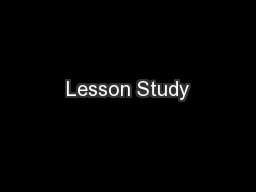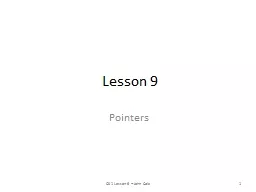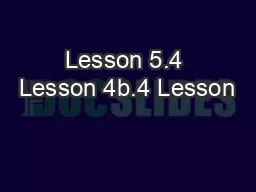PPT-Lesson 1.2 The Nature of Science
Author : debby-jeon | Published Date : 2020-01-11
Lesson 12 The Nature of Science The word science comes from the Latin word scientia meaning knowledge What Science Is and Is Not Science is an organized way of
Presentation Embed Code
Download Presentation
Download Presentation The PPT/PDF document "Lesson 1.2 The Nature of Science" is the property of its rightful owner. Permission is granted to download and print the materials on this website for personal, non-commercial use only, and to display it on your personal computer provided you do not modify the materials and that you retain all copyright notices contained in the materials. By downloading content from our website, you accept the terms of this agreement.
Lesson 1.2 The Nature of Science: Transcript
Download Rules Of Document
"Lesson 1.2 The Nature of Science"The content belongs to its owner. You may download and print it for personal use, without modification, and keep all copyright notices. By downloading, you agree to these terms.
Related Documents














